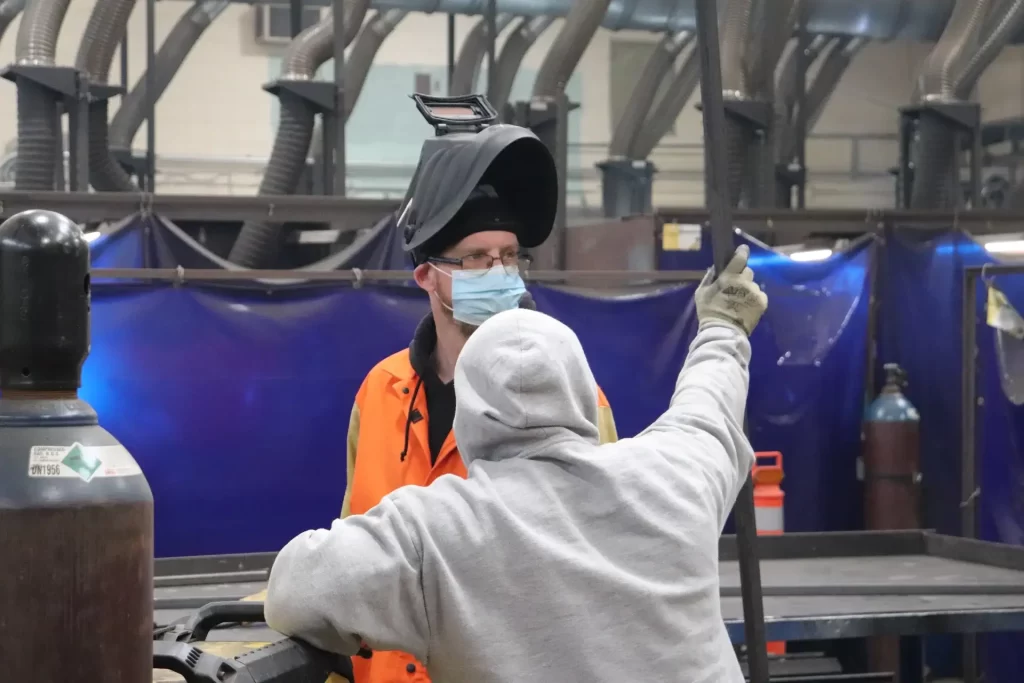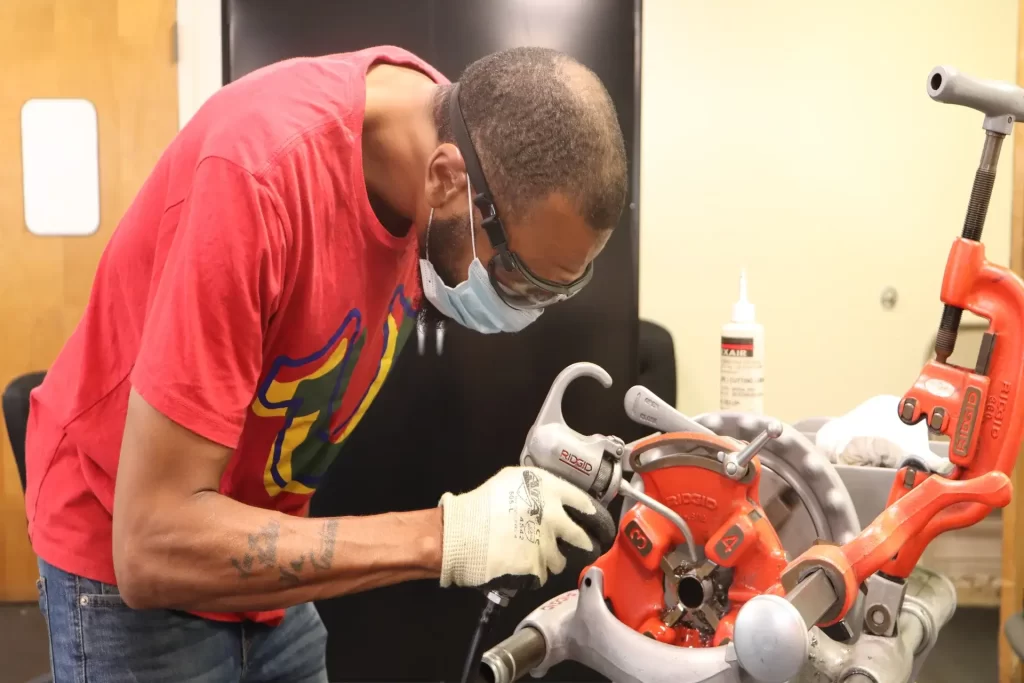Plumbing is more than just repairing pipes, drains, and plumbing systems. When you work in plumbing, you also work on preparing, installing, and maintaining various systems, including cooling, heating, gas, water supply, ventilation systems, etc. As a result, the plumbing industry is in high demand. However, several people lack the skills to fix their home plumbing problems, so they will always want easy access to the plumbing industry.
Licensed plumbers enjoy job security and the potential to earn a salary of $50,000 or more per year. Nonetheless, it can take several years to earn a license. The precise number of years it takes to attain that goal depends on the program a person enrols in and the level of training they need.

Finishing your certification in plumbing will take from 3 to 4 years to finish, depending on whether you prefer to study part-time or full-time. You can anticipate completing a trade school program in about two years, and it may take as long as five years to complete a plumbing apprenticeship program. Being an apprentice may be beneficial because you may be able to meet experience prerequisites to take a journeyman plumber exam.
The person leading the apprenticeship can also help you prepare for the licensing exam. After you pass the examination, you may need to function for several years at this level before becoming fully certified—the highest qualification to become a plumber.
It may be essential to obtain a master plumber’s license to start a business or secure the best-paying Plumbing job. To seek a plumbing technician license, you need at least 2-5 years as a journeyman plumber. After obtaining this level, it may be essential to take ongoing education lessons.
A master plumber is a person who has sought extra training in more specialised areas of plumbing. These individuals are more skilled than regular plumbers and are often sought out for particularly complex or unique plumbing problems and projects. The journey to becoming a plumber is straightforward, no matter what state you are in. Everyone begins with some schooling, becomes an apprentice, and then gets a degree to the journey level. A journeyperson is a term in the plumbing industry referring to a standard plumber. Some choose to seek further training to become master plumbers.
Plumbers don’t need to move from journeyperson to master plumber. Many select not to. Master plumbers can earn a lot more, but must devote several more years to their plumber training program. The typical career path for a plumber is as follows:
You obtain a certificate once you attain master plumber status, the most significant professional scale you can achieve as a plumber.

The career path in plumber education and training to become a plumber:
After 3-4 years of experience as a journeyperson plumber, a master plumber can take their state’s master plumbing technician licensing examination. Every state except Pennsylvania requires the person to take an exam to obtain their master plumber license. Each state has its requirements for qualifying for this exam, which may include a statement of practical industry experience and proof of passing state-specific courses. You will also be required to provide a declaration of your lawful presence in the country.
Plumbers who have completed their plumber training courses and Plumbing apprenticeships are skilled in their trade. Nonetheless, master plumbers agree to take things a little further and seek out additional plumbing Training programs in their field. This is because they have obtained the highest possible certification in their field and are well-qualified.
Read More: